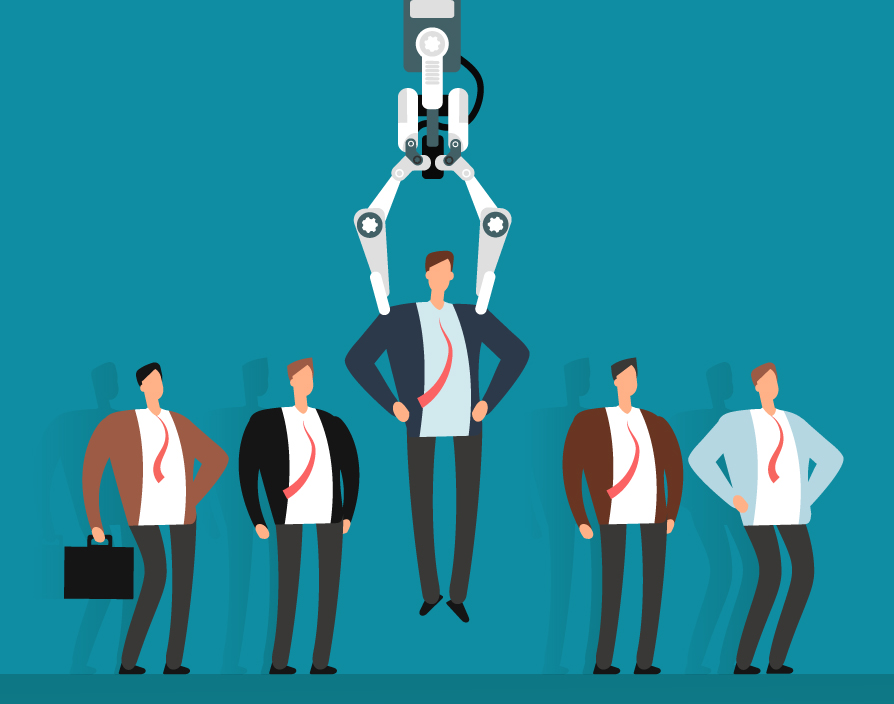>Consider the fact that over 60 million people move work each year and that for every job opening there are a list of applicants, typically around 84 on average with corporate jobs usually tend to receive 250 applicants.
That’s a lot of CVs that need reviewing to begin the shortlisting process. No wonder then that completing this task manually is far expensive and time consuming. This is where artificial intelligence can truly shine.
A good recruiter can review a resume in six seconds, whereas good AI can work millions of times faster – in some cases having the capability to match three million jobs to 600 CVs every second. Humans have one advantage over machines – common sense judgement. Where an AI programme will strictly follow its programming, a human recruiter can use their judgement to decide if a candidate has some overlooked value and add them to the shortlist, they can also decide the opposite – seeing a candidate that would be instantaneously shortlisted by AI but also considering other factors that might not make them a good fit for a particular company. This disparity of judgement between man and machine ends up being around a 10% difference in accuracy.
Even though humans may be able to produce niche candidates AI would often overlook, AI clearly has an advantage in its processing power. This is why recruitment agencies and tech developers have been incorporating AI into recruitment over the past 20 years.
The issue of speed has been around since recruitment began – there has always been a high demand to shortlist the best candidates quickly and based on calculations. Today, we have reached resume scanning capabilities faster than anything early programmers could have ever dreamed of. The real challenge today is the accuracy of matching and refining AI to be able to perform an even more accurate match than a human could.
This is where predictive matching comes into the fold. Today AI has the ability to increase retention for companies by predicting future employment potential and movements of an employee based on their resume trend and how well their trends matched other workers within jobseeker databases.
With this sort of data, HR can use prevention as the best cure to retain staff they wish to keep by offering them the remuneration packages that incentivise them to stay. With 46% of hires leaving in the first 18 months of employment, predictive matching is essential to increasing retention post-recruitment.
So what is the future of resume scanning? While machine learning is here already, my prediction for the future is that platforms will further push machine learning to create more tailored learning and sophisticated algorithms. AI will have the ability to analyse social profiles to scout out the personalities of jobseekers, to see not only if they are a skills or education match, but also a personality fit for the organisation. Conflicting personalities is commonly known as one of the main contributors for why employees fail when they start working for a company. So keep an eye on for personality profiling technology matching jobseekers to companies in this fashion, it’s the future. ![]()
Share via:



















































